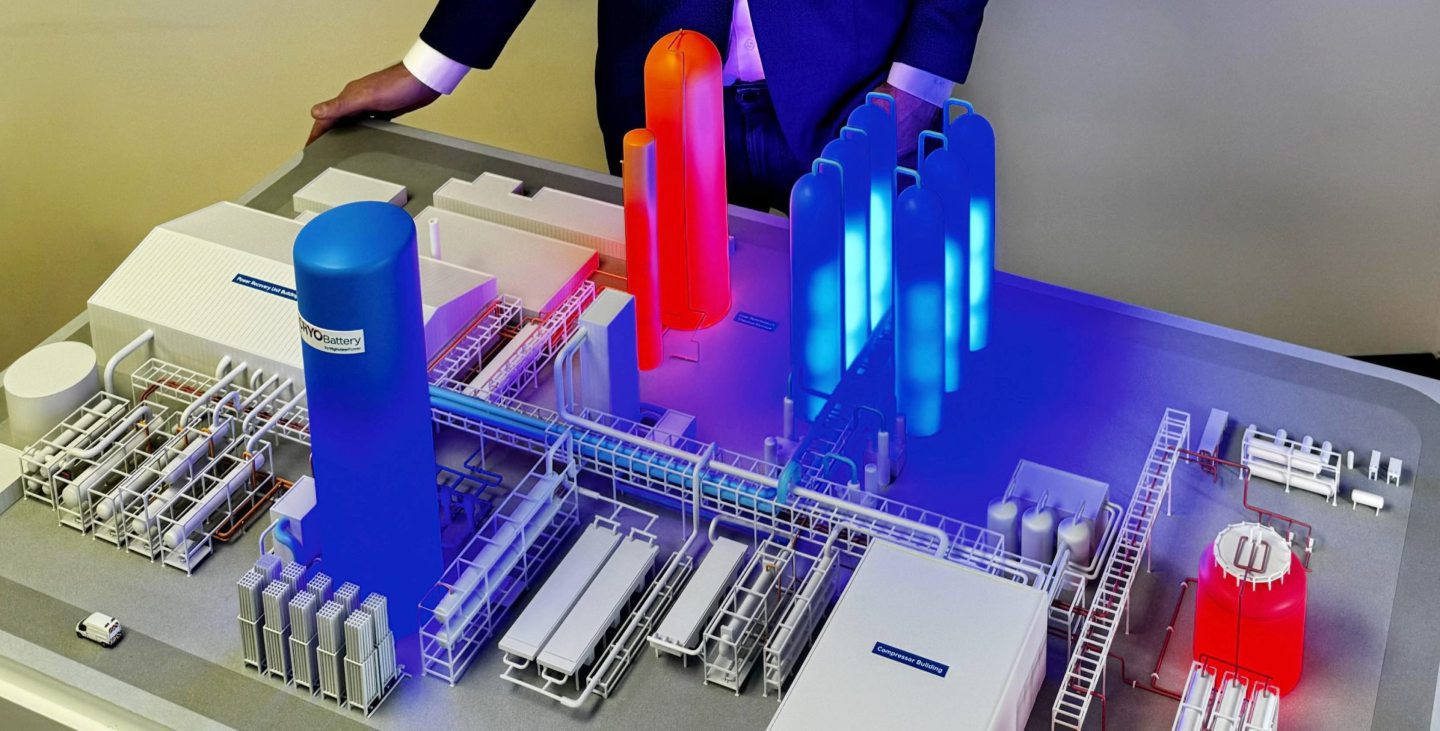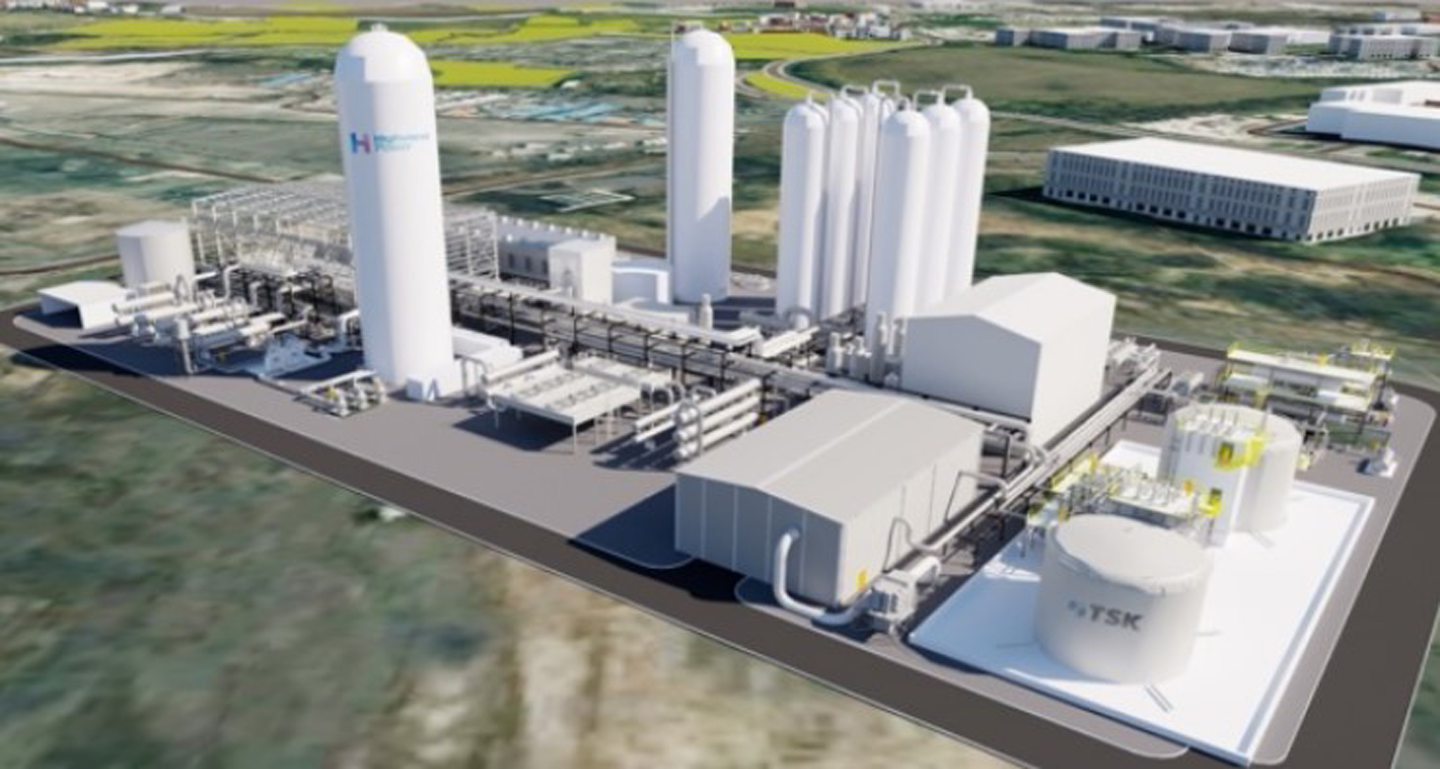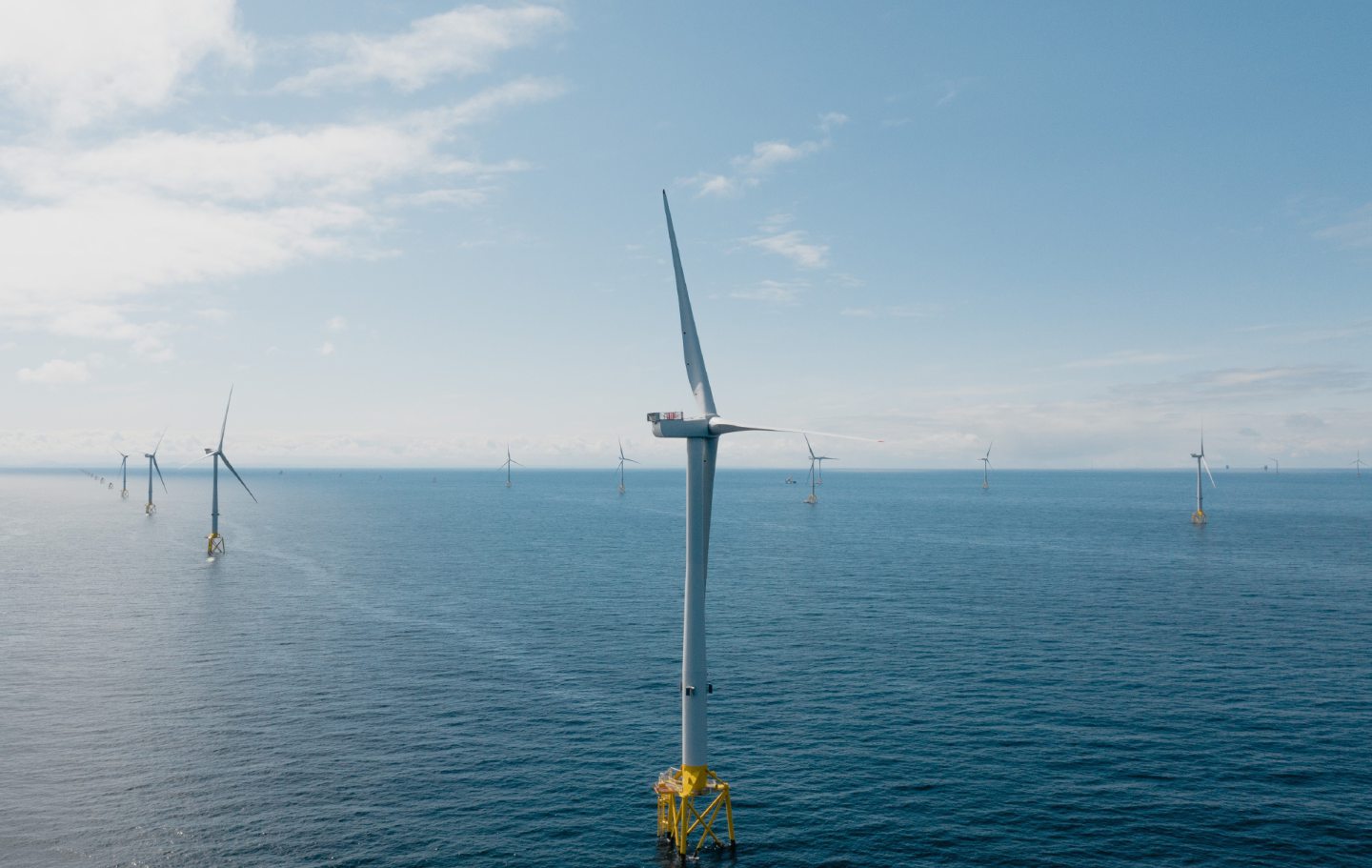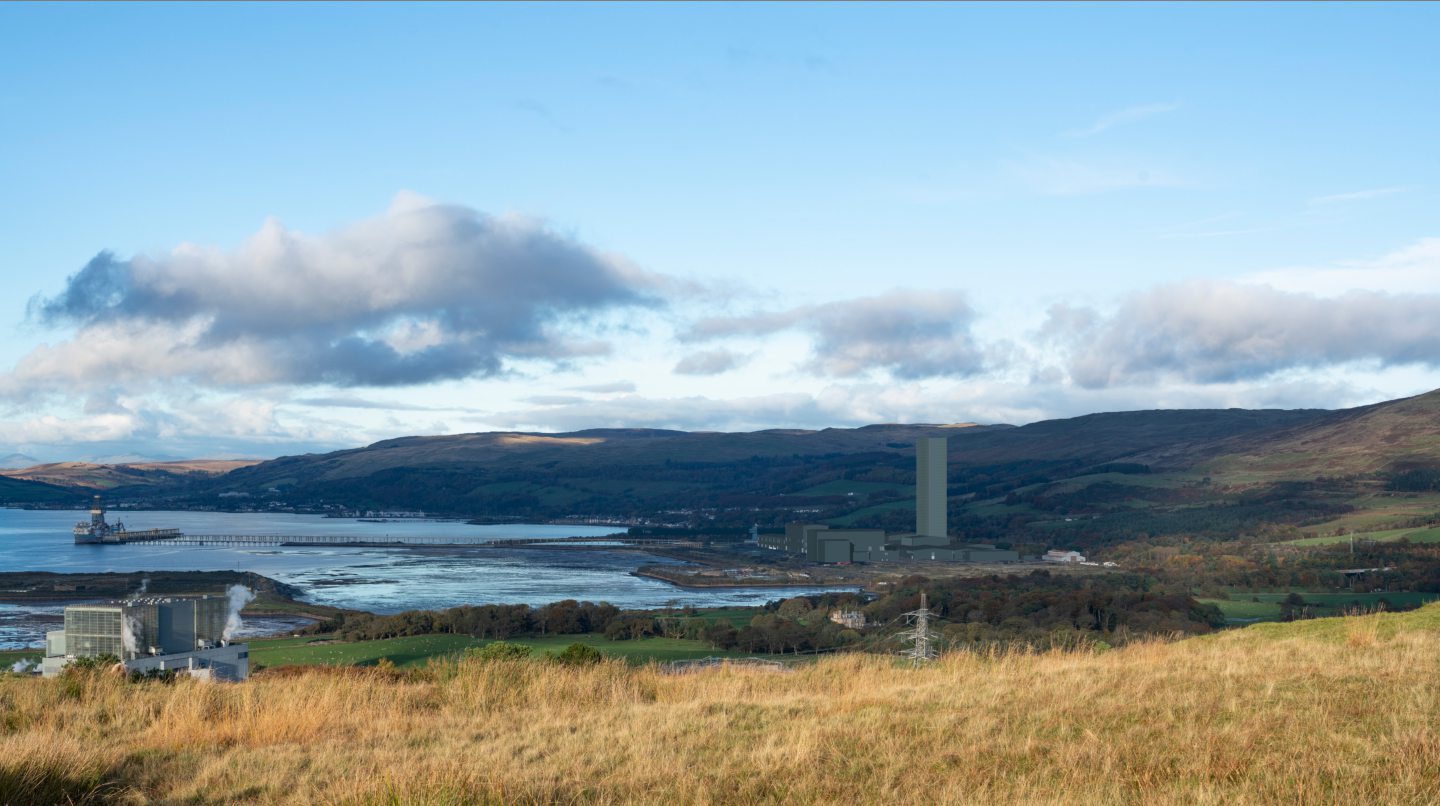
Highview Power has announced plans to build two 2.5 GWh liquid air energy storage (LAES) facilities in Scotland as part of a multi-billion pound investment programme.
The long duration energy storage (LDES) technology developer said it is planning to build at total of four 2.5 GWh power plants across the UK by 2030.
The Highview investment follows confirmation of a new UK government support scheme for LDES projects.
Last week, the Department for Energy Security and Net Zero (DESNZ) unveiled a ‘cap and floor‘ mechanism designed to leverage investment in LDES projects.
The announcement of 10 GWh worth of projects comes after Highview secured £300 million in funding for its first LAES plant near Manchester earlier this year.
Its backers include the state-owned UK Infrastructure Bank – now the National Wealth Fund – and included investors such as Centrica (LON:CNA), Goldman Sachs Power Trading and mining giant Rio Tinto (LON:RIO).
Of the four new projects, Highview said two will be built in Scotland and the other two in England.
The first Scottish LAES will be located at the Peel Ports site at Hunterston in Ayrshire, while the second will be in Aberdeenshire.
Highview said the Aberdeenshire plant will be “strategically positioned to support the onshoring of renewable energy resources from the North Sea and the critical need for grid stability at this location”.
Liquid air energy storage
Highview Power chief executive Richard Butland said the company will be one of the first to benefit from the investment support scheme.
“Highview Power is an example of how the UK government’s investment support scheme enables the country’s future energy security and economic growth,” Butland said.
“This funding will unlock 10 GWh of storage capacity, delivering over 10% of the UK’s targets for non-battery storage.”
Highview said each LAES plant will have the ability to power the equivalent of 650,000 homes for over 12.5 hours.
The company added the plants are strategically placed to “ensure the balance of supply and demand and reduce energy curtailment”.
Scotland’s First Minister John Swinney welcomed the investment following a meeting with Highview executives in London.
“The creation of the largest liquid air energy facility in the world, in Ayrshire, demonstrates just how valuable Scotland is in delivering a low carbon future as well as supporting the global transition to net zero,” Swinney said.
“Scotland presents a unique environment for innovation and deployment of storage technologies and this ground-breaking project will bring hundreds of high skilled jobs to the region both during construction and afterwards in supporting the supply chain.”
Hunterston LAES
Highview said the Hunterston plant will be built in two stages, with the first covering grid connection and works to provide grid stability services.
The company will now begin the planning process for the second phase which will involve the full LAES construction.
Highview said the Hunterston project will support 1,000 jobs onsite during construction and a further 650 jobs in the supply chain.
Peel Ports unveiled a £140m plan to redevelop the former coal terminal in 2019, with the site subsequently attracting investment for decommissioning and HVDC cable manufacturing.
“This project will be transformational for Scotland in providing critical storage for offshore wind and solving grid constraints as well as delivering major investment in Ayrshire, and the wider region,” Butland said.
National Energy System Operator (NESO) director of strategic energy planning and chief engineer Julian Leslie said the UK will need 81 GWh of LDES by 2030 to decarbonise the grid.
“Technology such as Highview Power’s LDES proposals will quite simply unlock the power of renewable energy in our energy system, stabilise our grid system, and allow for the delivery of a 100% zero carbon electricity system,” Leslie said.
London-based Highview was co-founded by New Zealand financier Butland alongside the firm’s chairman Colin Roy and University of Birmingham cold economy professor and co-inventor of the liquid air energy storage process, Toby Peters.
 © Supplied by Highview Power
© Supplied by Highview Power © Supplied by Bilfinger
© Supplied by Bilfinger © Supplied by Ocean Winds
© Supplied by Ocean Winds © Supplied by XLCC
© Supplied by XLCC